Teeth whitening is a popular way to brighten your smile and give you more confidence, having the right knowledge and tips is crucial. Maintaining a bright and healthy smile is a pursuit for many people. This article will explore key information about teeth whitening to help you make an informed choice and achieve whiter teeth.
Teeth whitening is the process of lightening the color of your teeth through the use of various products and procedures.
1. There are many factors that influence the whiteness of your teeth. Food and drinks: tea, coffee and red wine can stain your teeth over time.
2.If you don’t brush and floss regularly to remove plaque, it can harden and form tartar, it hardens to form calculus. And calculus (tartar) can also affect the colour of your teeth.
3. Some people may have staining under the surface. This can be caused by some antibiotics or by tiny cracks in the teeth which absorb stains.
4. Regardless of your stains, the natural colour (and genetic makeup) of an individual’s teeth are set at birth. The only thing a whitening product can do is remove all the stains that have accumulated over time.
5. Professional bleaching is the most usual method of tooth whitening and can lighten your teeth from their natural shade . The ‘active ingredient’ in the product is usually hydrogen peroxide or carbamide peroxide. As the active ingredient is broken down, oxygen gets into the enamel on the teeth and the tooth colour is made lighter.
6. The effects of whitening could last up to three years. However, this will vary from person-to-person. If you eat or drink strongly-coloured foods or smoke, it is possible that the whitening will not last as long, so taking care of your teeth is still important.
7. In the UK and EU, teeth whitening can only be legally performed by a dentist. Therefore, getting your teeth whitened by beauticians, or in whitening kiosks, is against the law. It could expose you to dangerous products and cause lasting damage to teeth and gums.
8. In the UK, tooth whitening products you can buy over-the-counter can only legally include 0.1% hydrogen peroxide. This concentration is too low to have any noticeable effect on the colour of the teeth.
9. Tooth whitening can only lighten your existing tooth colour and won’t be able to get rid of deep stains.
10. You can help to keep your teeth white by cutting down on the amount of food and drinks you have that can stain teeth. However, don’t forget, stopping smoking can also help prevent discolouration and staining.
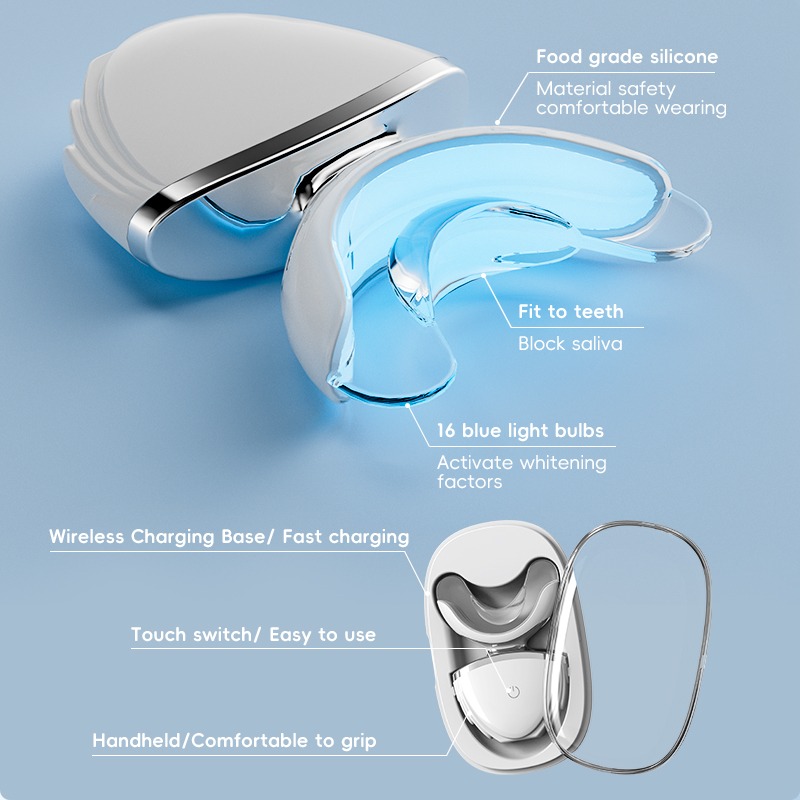
1) Whitening products
Whitening products, for example whitening toothpastes, stickers and gels, are widely available and convenient. These products contain mild abrasives and low concentrations of bleach.Commercially available products are effective for light staining, they usually require sustained use for a period of time to see significant results.
2) Professional whitening treatment
Professional whitening treatments performed by a dentist and provide faster and more visible results. These treatments use high concentrations of bleach and include in-office laser whitening and at-home whitening kits with custom trays. Professional treatment is suitable for people who want significant improvement in a short period of time.
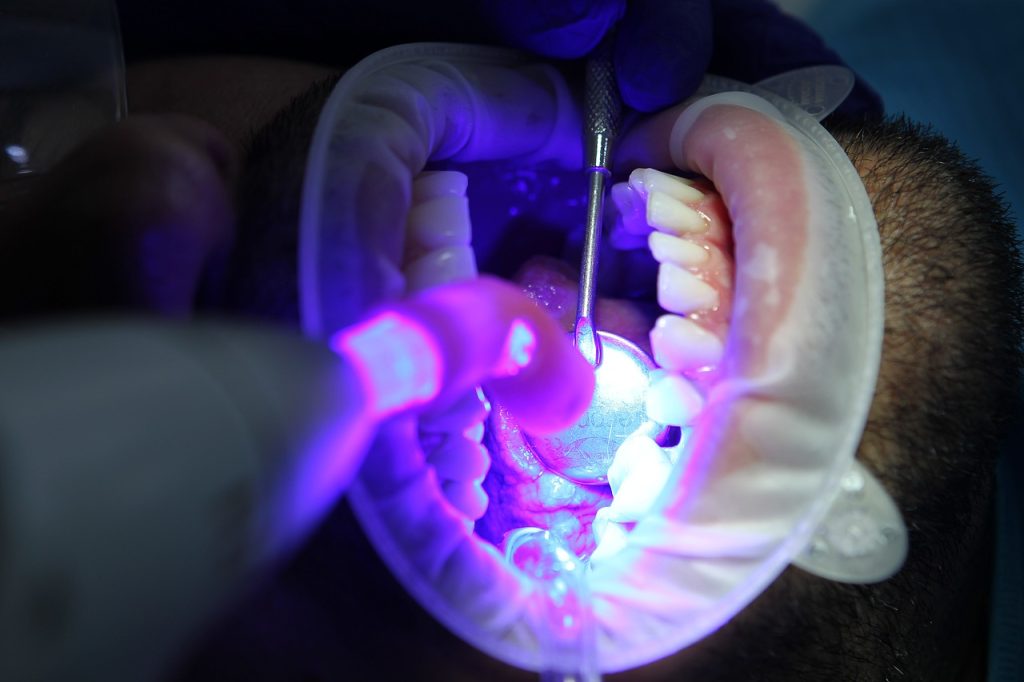
1)Security and sensitivity
Safety is the No.1 consideration when it comes to teeth whitening. You’d better follow product instructions closely and consult your dentist before starting any whitening regimen. High concentrations of bleaching agents often cause tooth sensitivity. Using products designed for sensitive teeth, as well as using desensitizing toothpaste, can help reduce discomfort.
2)Effect duration and maintenance
The duration of the whitening effect depends on the method used and personal habits. The results of professional treatments can last up to a year, while commercial products may require more frequent refills. To maintain a bright smile, avoid foods and beverages that stain easily, such as coffee, tea, and red wine. Regular brushing and flossing are equally important to maintaining oral health and extending the results of your whitening.
In conclusion
Teeth whitening can significantly improve your smile and confidence. By understanding the different whitening methods, considering safety and sensitivities, and maintaining good oral hygiene, you can achieve and maintain a white, healthy smile. Whether you choose commercial products, professional treatments, or natural alternatives, making an informed decision will help you get the best results on your teeth whitening journey.
Remember, consultation with a dental professional is always recommended, and they can help you determine the best whitening method for your individual needs. Keeping these facts and tips in mind will help you on your quest for a whiter, brighter smile.
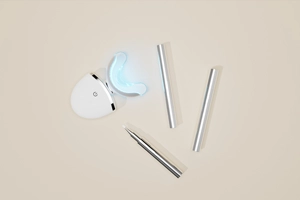
Things you should know about LED teeth whitening devices

Can a Dual Care Brush Be Both a Teeth Whitening Brush and Gum Massager?

How Much is the Quality Difference Between Different Materials of LED Teeth Whitening Devices?

Analyze the real profit you can make in teeth whitening

Oral Care and Personal Confidence Enhancement: A Dual Strategy from Whitening Effect to Product Appearance Level

Uncovering Dentistry: Scientific Methods and Techniques for Whiter Teeth
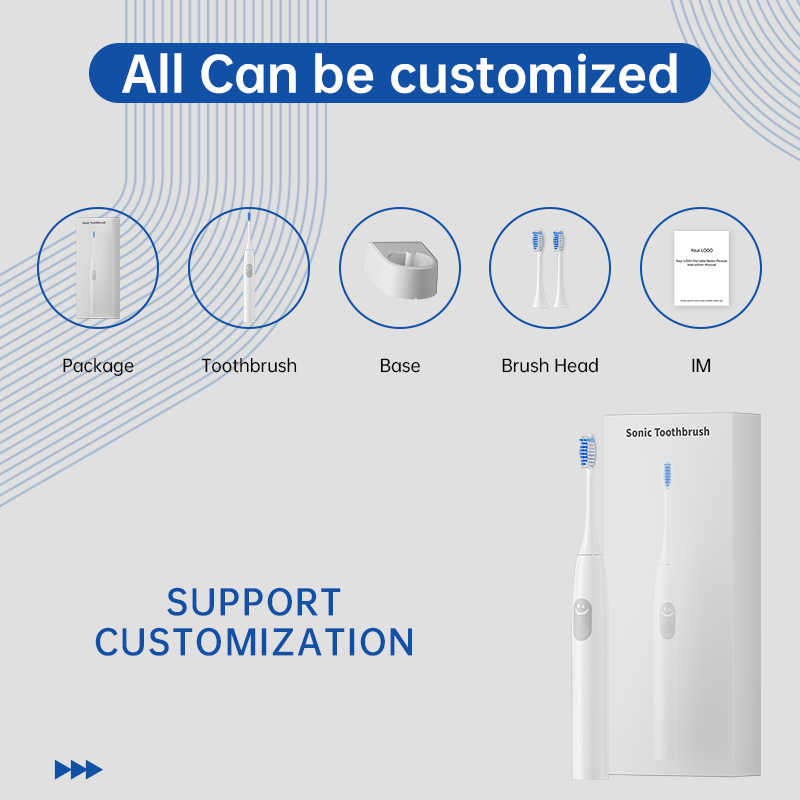
White Label Oral Care Products – Advantages for Retailers

The Effect of the Design of a Dental Instrument on User Comfort and Ease of Operation
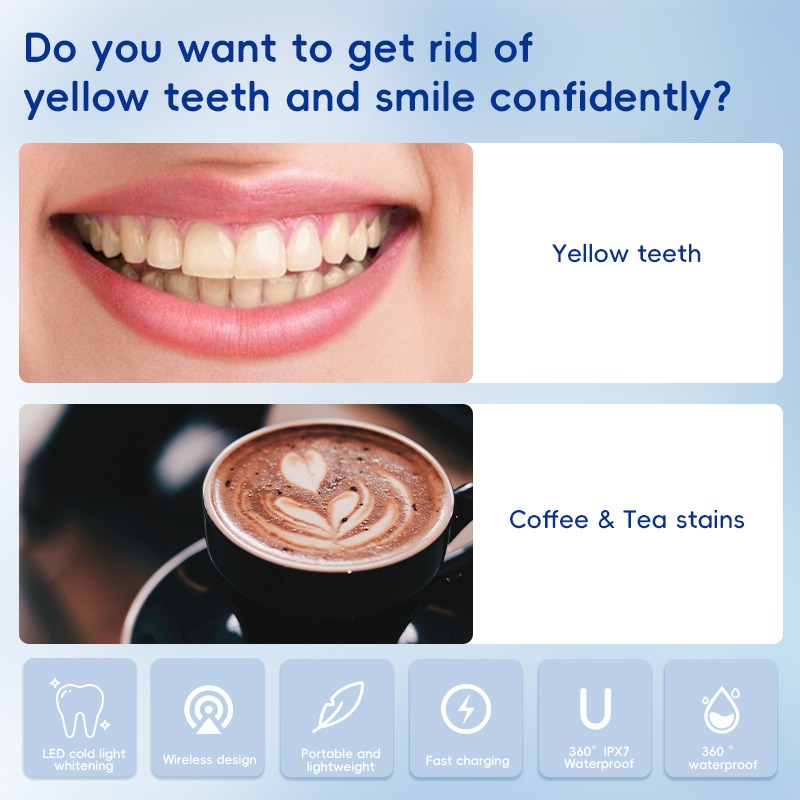
How many times a day is it recommended to use LED teeth whitening kits?
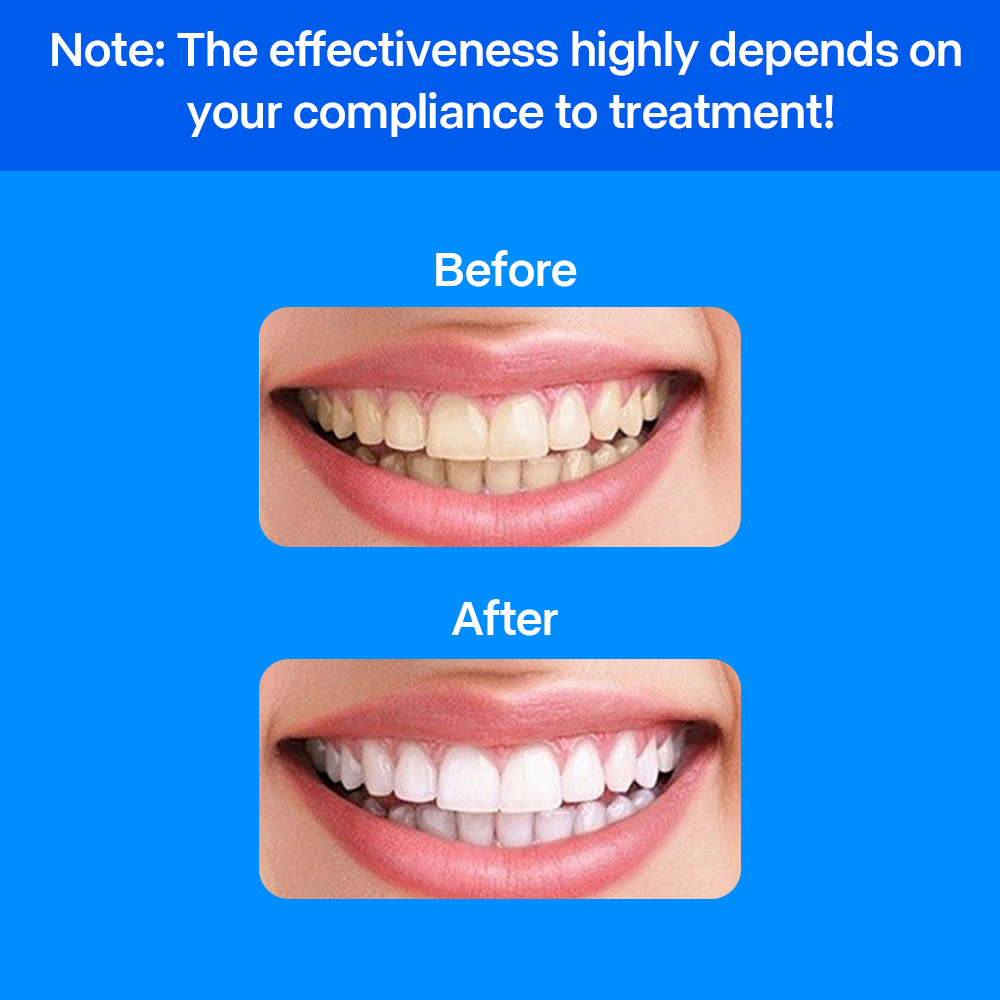
Different Ways to Whiten Teeth
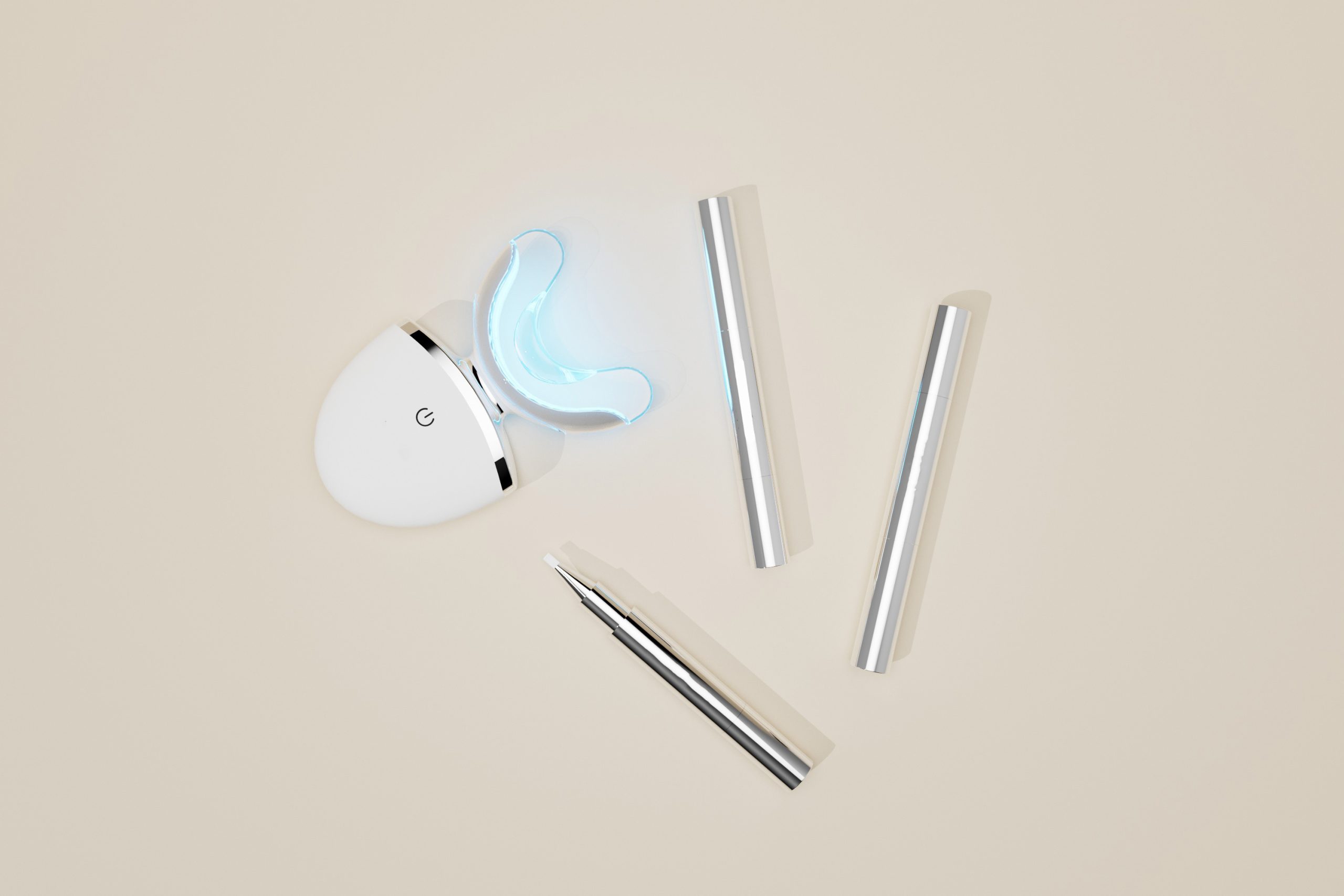
What Packaging Options Are Available for Custom Whitening Gel Products?
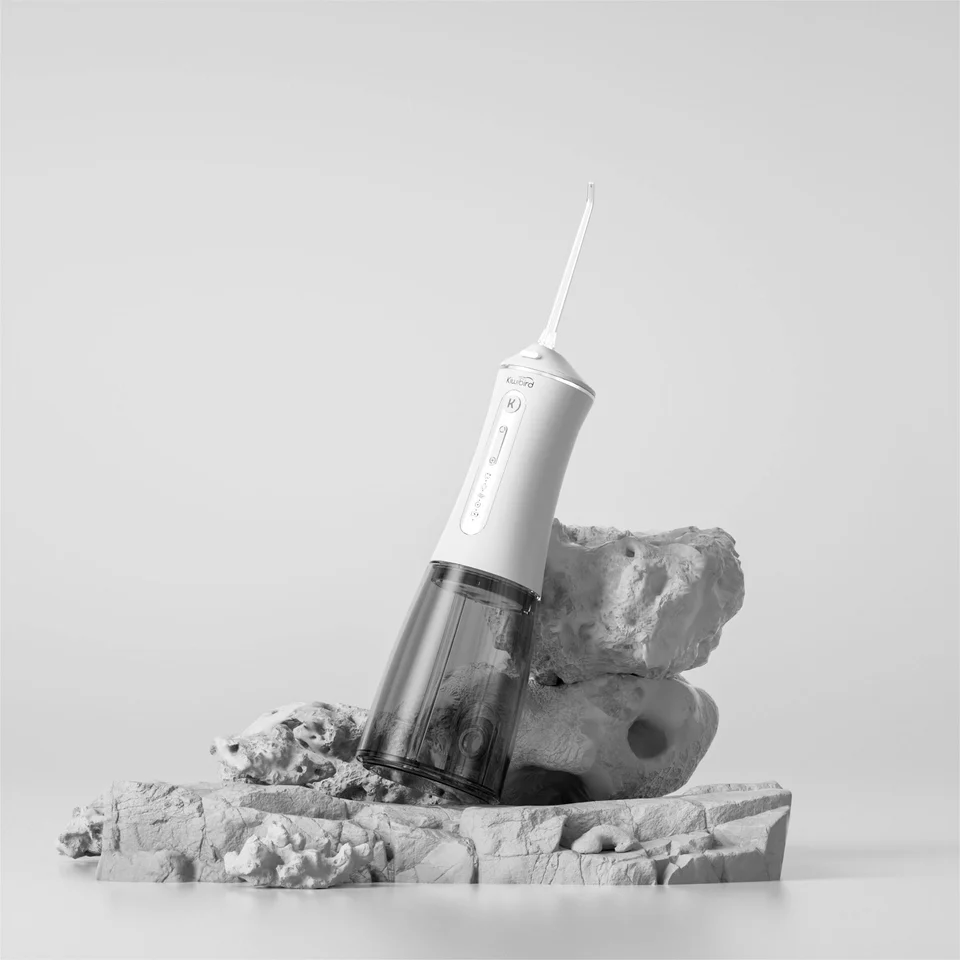
What Sets and Combinations of Oral Care Products Can Be Made to Promote Sales?

How to Choose the Type of Charging Method for Electric Toothbrushes?
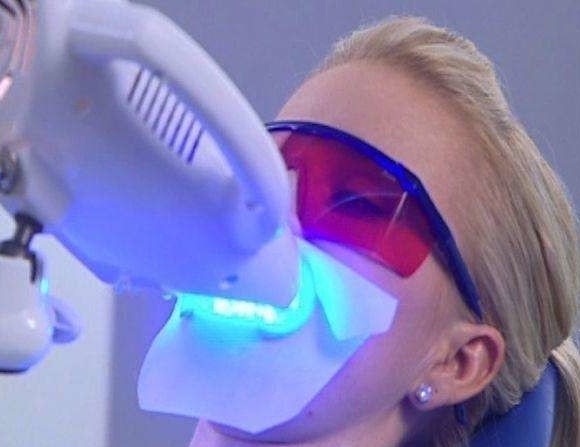
How long does it take for LED teeth whitening kits to work?

What is the Electric Toothbrush Market Forecast?

Collaborative Development of Red and Blue Light Teeth Whitening Gel Formulas: How to Increase Whitening Efficiency by 3 Times?
.jpg)
Florida Electric Toothbrush – Powsmart PTR-C8

electric toothbrush heads Charcoal Infuse-Round
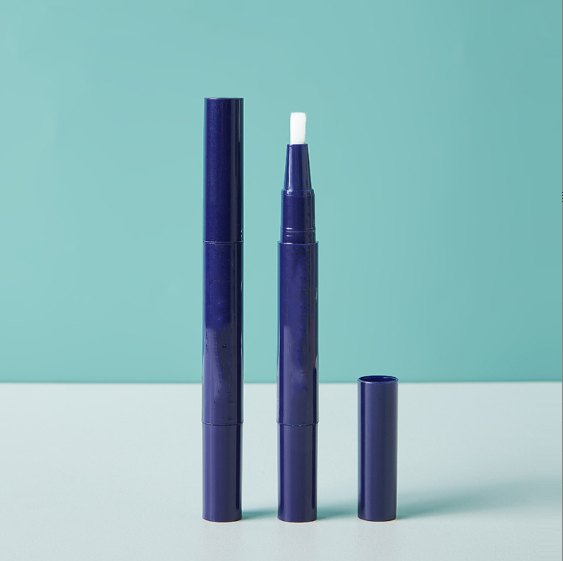
Private Label Whitening Gel

Electric toothbrush heads Charcoal Infused-Diamond

electric toothbrush heads Deep Clean
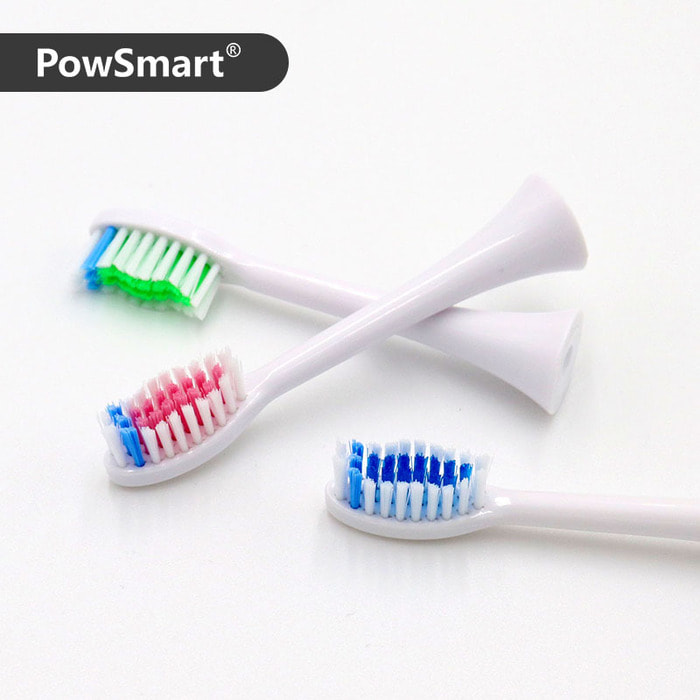
electric toothbrush heads Regular Clean

electric toothbrush heads Ultra Soft
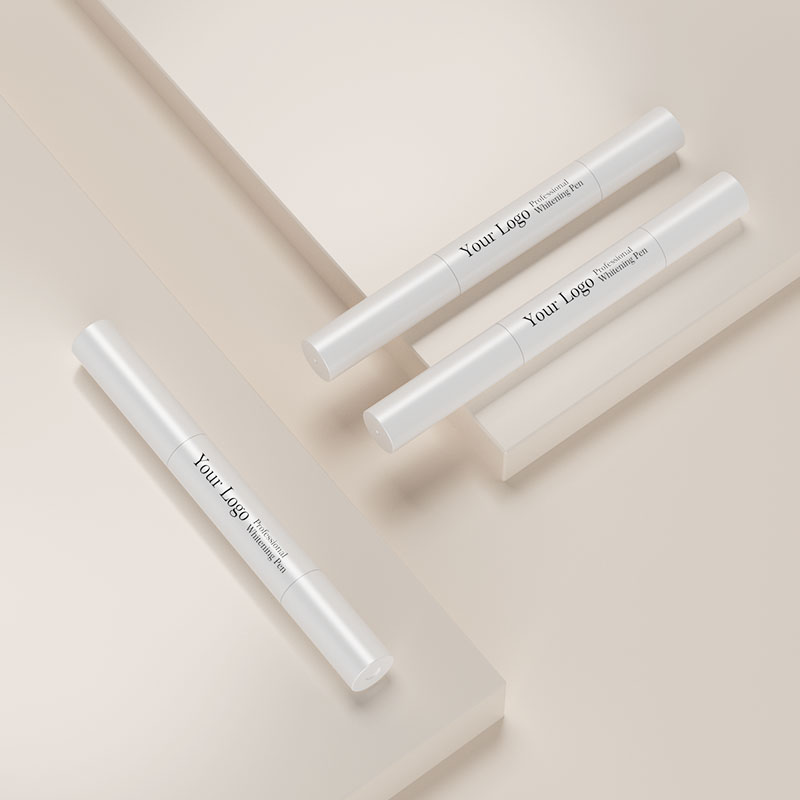
Customization Teeth Whitening Gel
whstapp
whstapp
National Toll-Free Service Hotline
+86 755 86238638